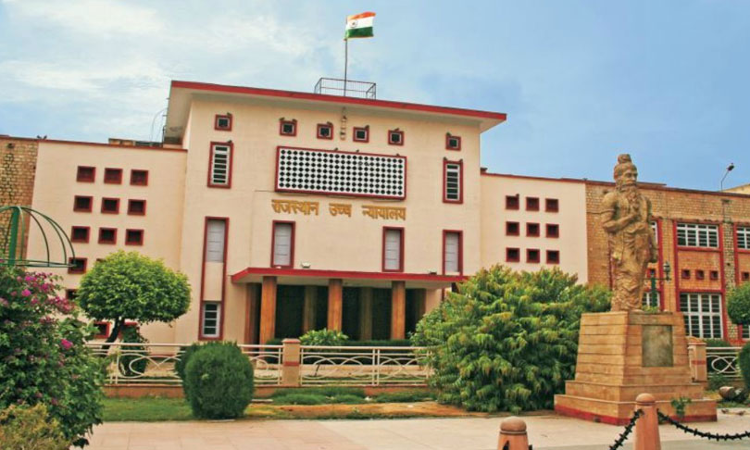Rajasthan HC Issues Notice To Police Officers Over Alleged Illegal Arrest Of RTI Activist
LIVELAW NEWS NETWORK
18 Sept 2019 6:04 PM IST

Next Story
18 Sept 2019 6:04 PM IST
The Rajasthan High Court has issued notices to four police officers, seeking their reply on the arrest of an RTI activist, Nand Lal Vyas, from his house in Jodhpur last year. Allegations had been leveled by the RTI activist in a petition claiming that his arrest, effected by SHO of Mandor police station, Jodhpur along with his team in connection with a case under Scheduled Caste...
